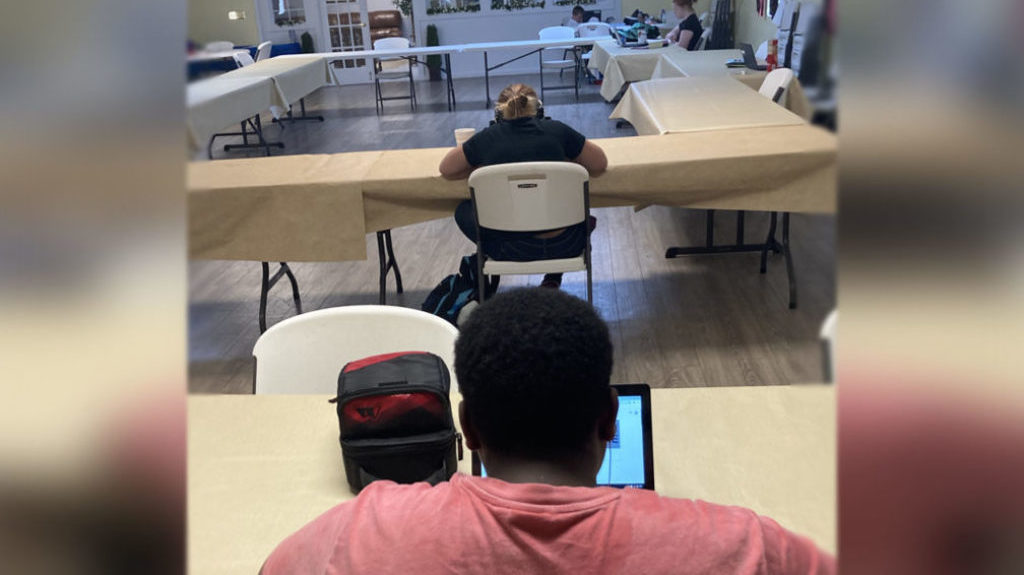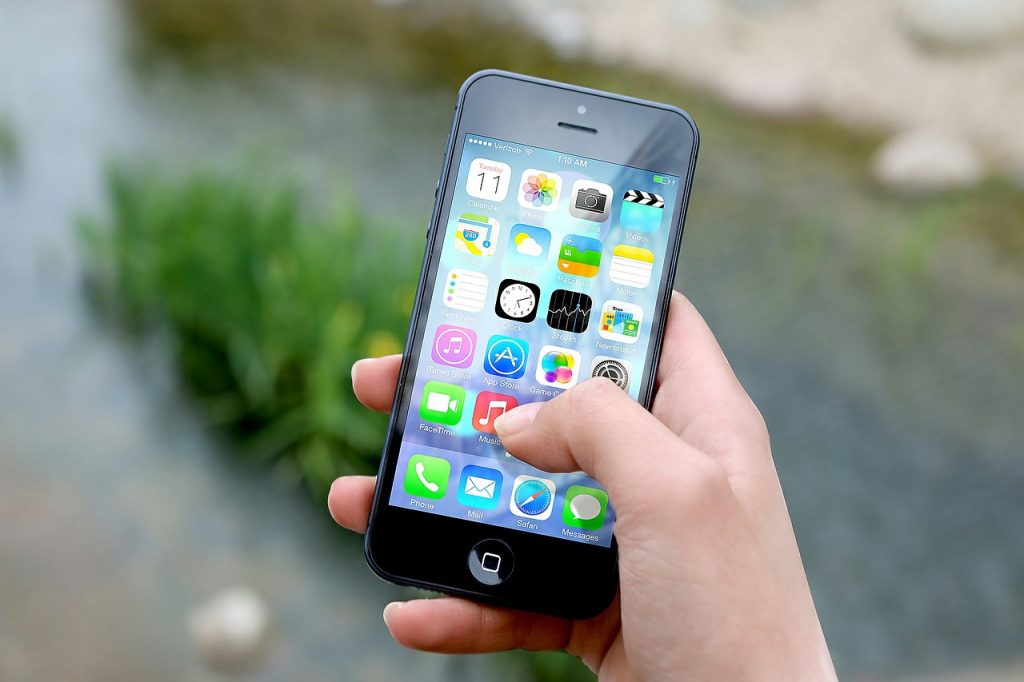If there were a way to enforce it, church worship services should be made “crackberry-free zones.” “Crackberry” is the slang term for the electronic communication device called a BlackBerry. It is a telephone, an e-mail server, an Internet provider, a camera and a zillion other things all rolled into one. I know. I have one and it ties me closer to the office than I ever was without one.
The term “crackberry” refers to another characteristic of this electronic device. It can be additive. In fact, AOL recently released a study on e-mail addicts compiled from a survey of 20 major cities in the United States. AOL studied people with at least two personal e-mail accounts and evaluated how much time they spend on e-mail each day. This included checking personal e-mail while at work, how much time they spent writing or reading e-mails, how often people did e-mail while on vacation and other time-consuming e-mail-related activities.
The survey found a surprisingly high number of people who described themselves as “addicted” to their BlackBerrys. Behaviors included constantly checking e-mails, trying to be the first to respond to an e-mail, allowing e-mails and phone calls to take precedence over interaction with a person in their presence and treating electronic communication devices as if they were a part of the human body.
One interesting finding is that in most of the Southern cities AOL surveyed, nearly 20 percent of respondents indicated they checked their e-mails during church services. Atlanta sat atop the list with 22 percent of respondents reporting peeking at their portable device during church services. Houston had a 19 percent rate. Tampa was the lowest Southern city with 13 percent. No Alabama city was among the 20 cities studied.
So prevalent are electronic communication devices that many churches remind participants to turn them off before a service begins. Unfortunately many people do not listen to such announcements. Perhaps if the message were e-mailed to all devices on the church property, it would get more attention.
Too often a cell phone rings during a worship service. The ring not only gets the attention of its owner but it also momentarily attracts the attention of everyone around that individual.
Some worshipers are thoughtful enough to put their cell phones and BlackBerrys on vibrate. But if a phone or BlackBerry goes off during the worship service, most people sitting around the device can hear and feel the vibrating sound as it quivers on the wooden pew or in the pocket of its owner. Whenever the BlackBerry vibrates, it is amazing to see the number of people who feel compelled to whip out their BlackBerry, push the e-mail button and read the latest message.
It is as if they were not a part of worship at all.
At other times, one can see individuals carrying on text-message conversations all through the service via their crackberrys. Mom and dad might be happy their teen was not talking during the worship service, but the teen was not listening either. And the practice of texting during church worship services is not limited to teens as the AOL survey indicates.
Some people must have instant communications. Physicians need instant communications. Emergency workers need instant communications. This is understood and accepted. But 20 percent of church attendees are not emergency workers. Almost all of the 20 percent who do text during worship are people who choose to be controlled by their electronic communication device. They are addicted to their crackberry to the point that they cannot even worship God without interruption.
Some may respond that checking e-mails during a worship service is a commentary on the lack of vibrant worship that keeps people from drifting off to other concerns. Perhaps. But an addiction, by definition, is a controlling force in one’s life regardless of other circumstances. And with any addiction, separation from the addicting force is a step toward overcoming the problem.
If BlackBerrys, cell phones and other electronic communication devices were left at home or in the car during worship services, it would at least give the individual opportunity to experience worship without the interruption of the addicting device. It would allow others the opportunity of experiencing God through worship and praise without being distracted by someone’s crackberry.
Worship is important. The Bible tells us that God desires our praise and thanksgiving. As children of God, we need to offer praise and thanksgiving. We need communication with our heavenly Father that is facilitated through worship. Worship deserves our undivided attention and effort.
That is why I would declare church worship services “crackberry-free zones” if I had the power. But such a declaration is impossible. Therefore the idea is offered as a suggestion to all of us who carry our BlackBerrys and cell phones. At least individually, we can make our time with God through corporate worship a time when we will free ourselves and others from our crackberrys.





Share with others: